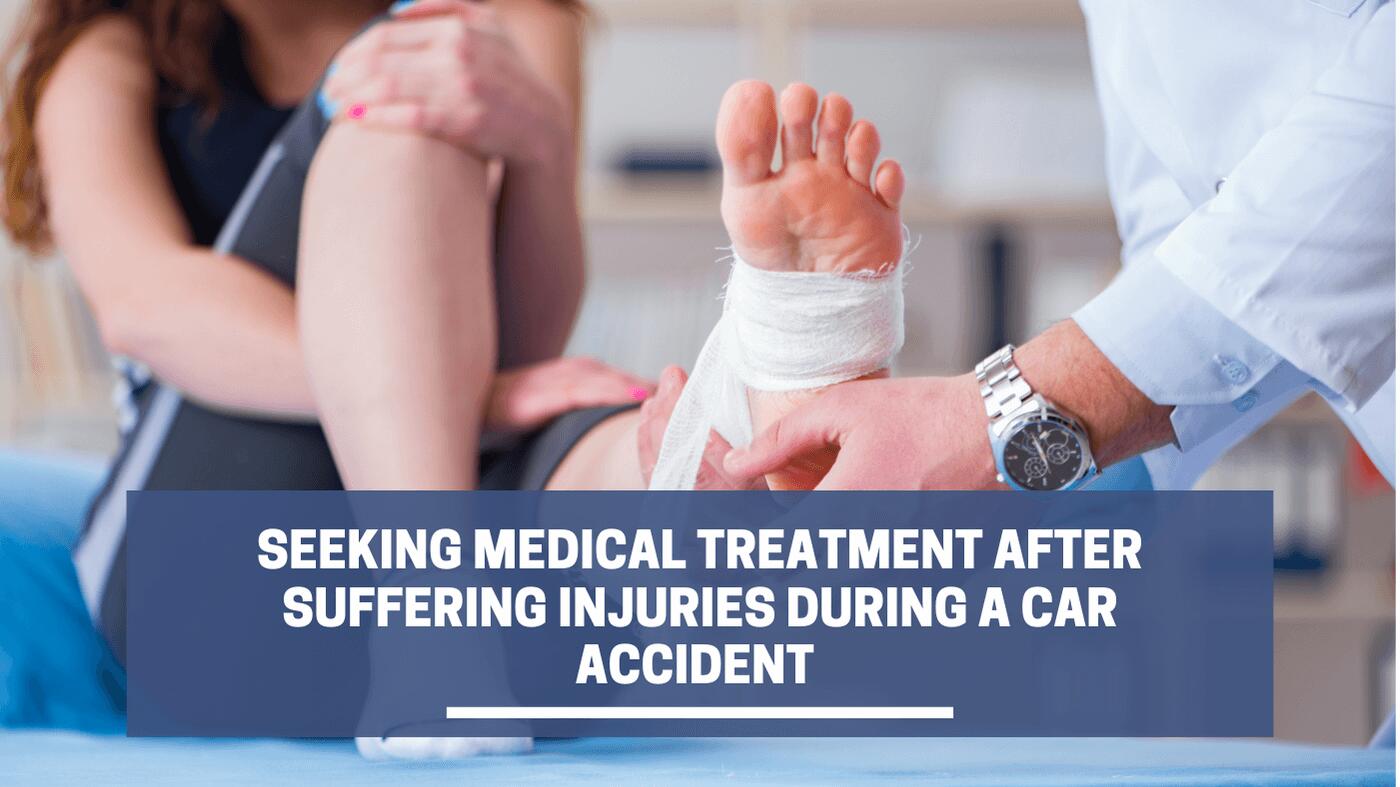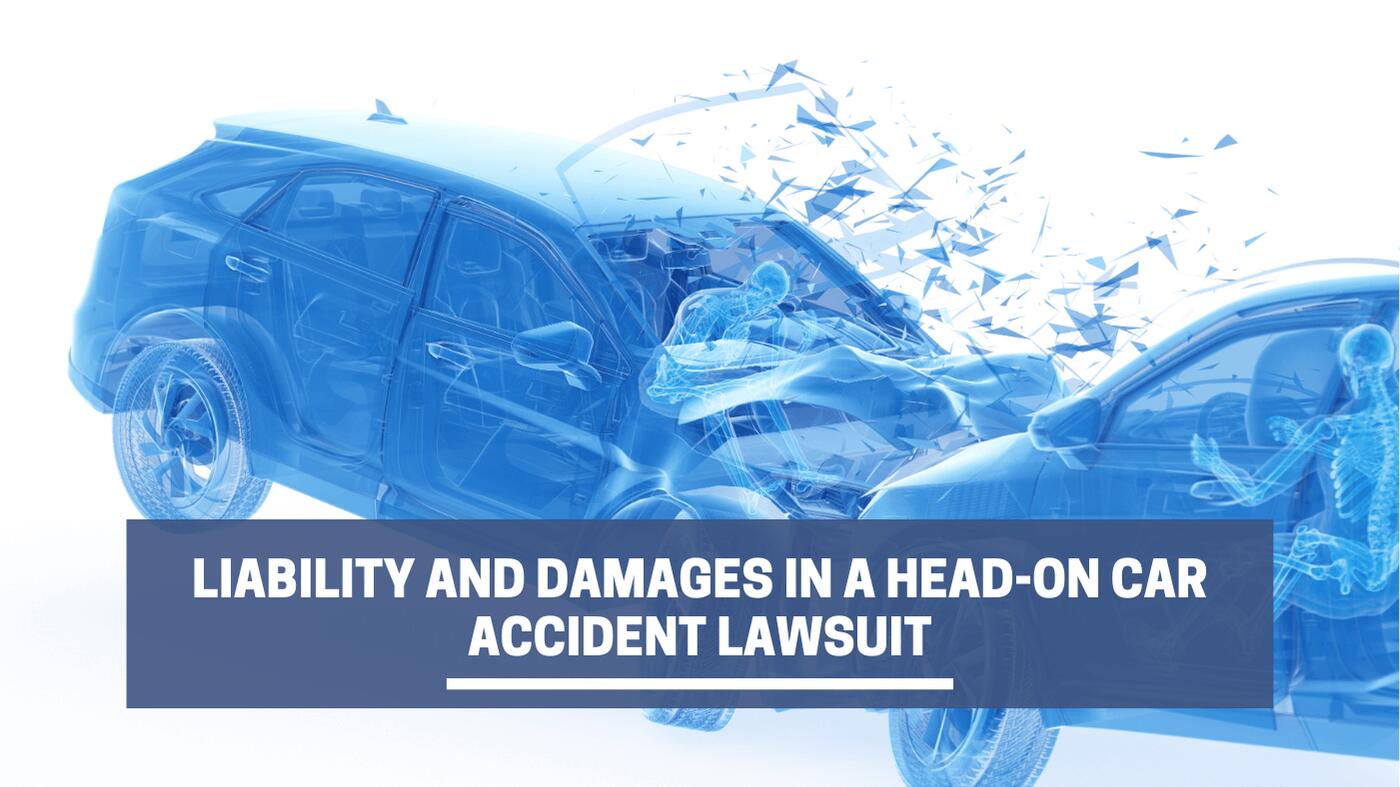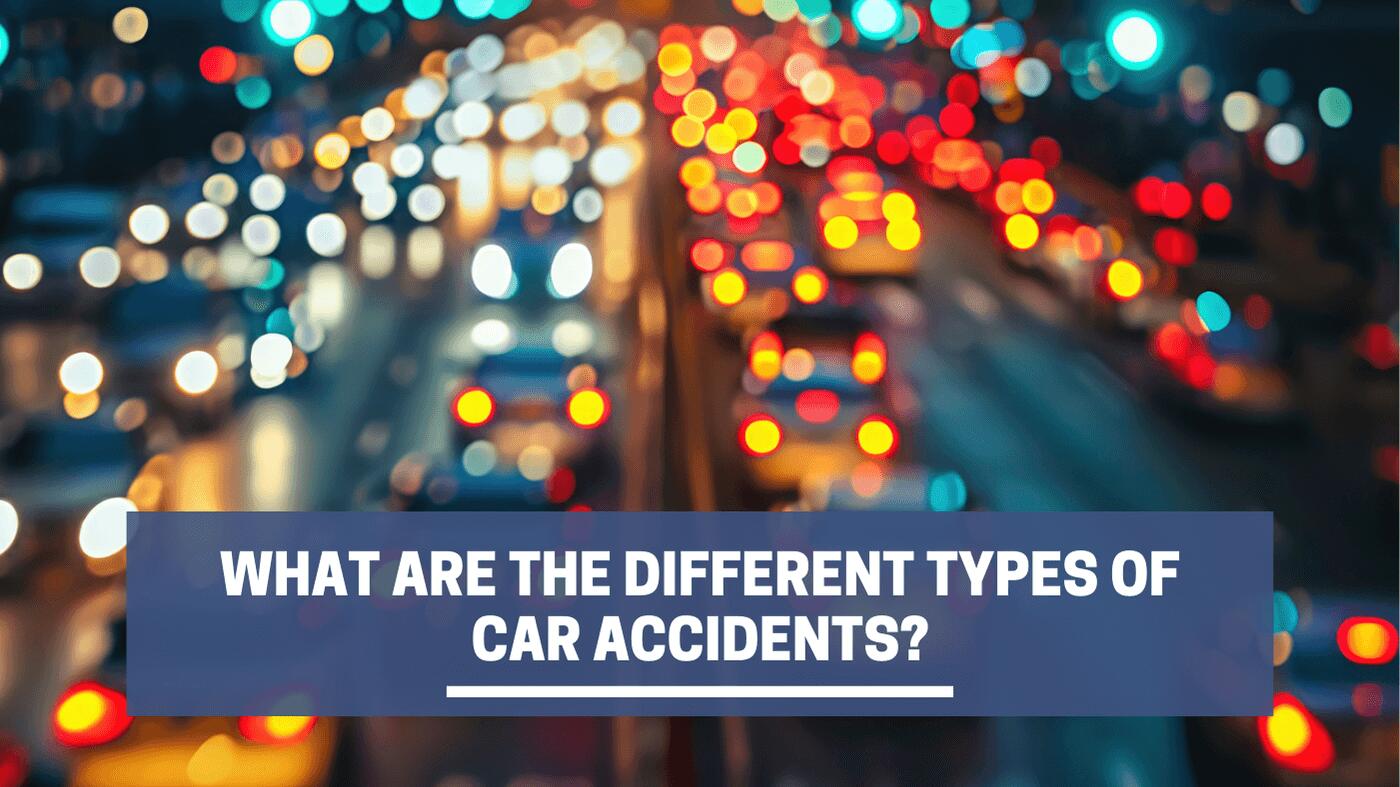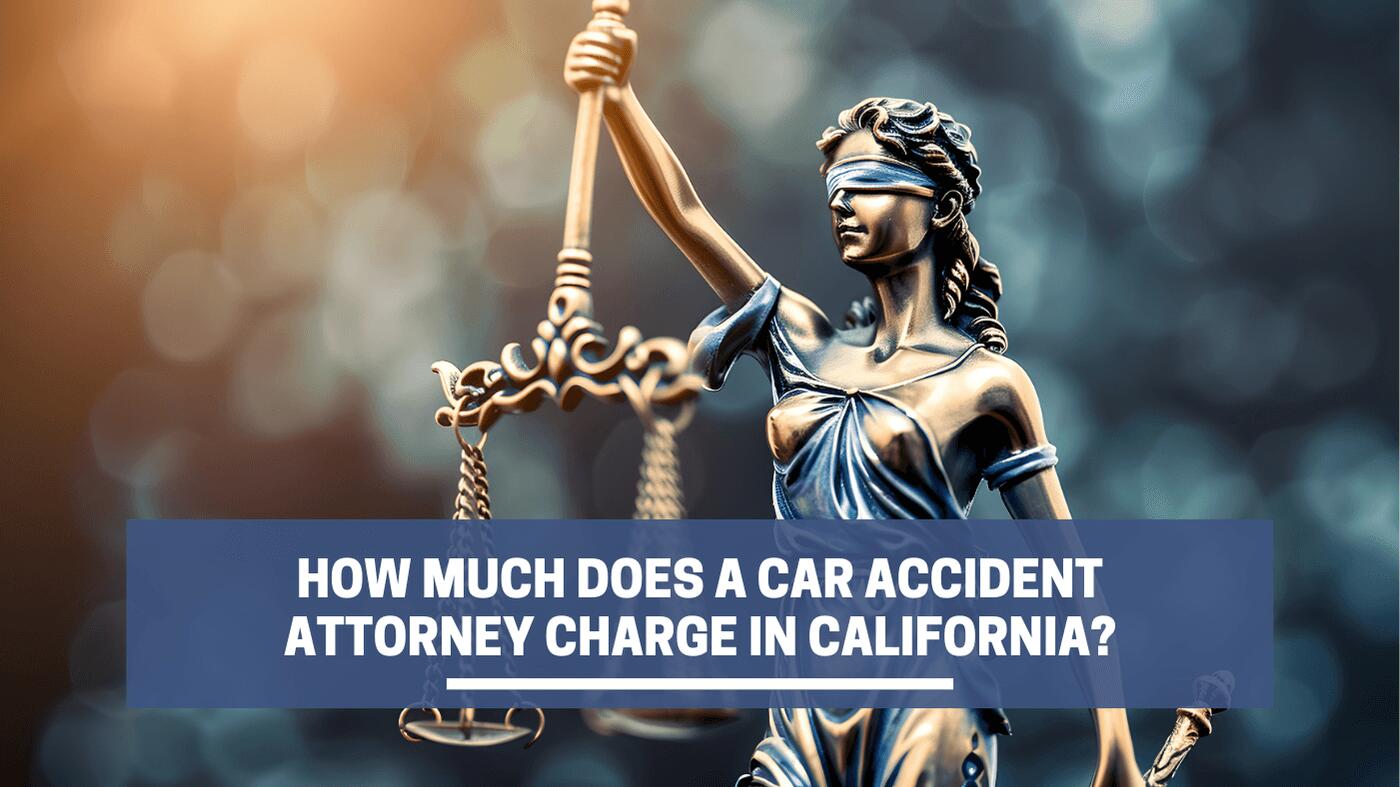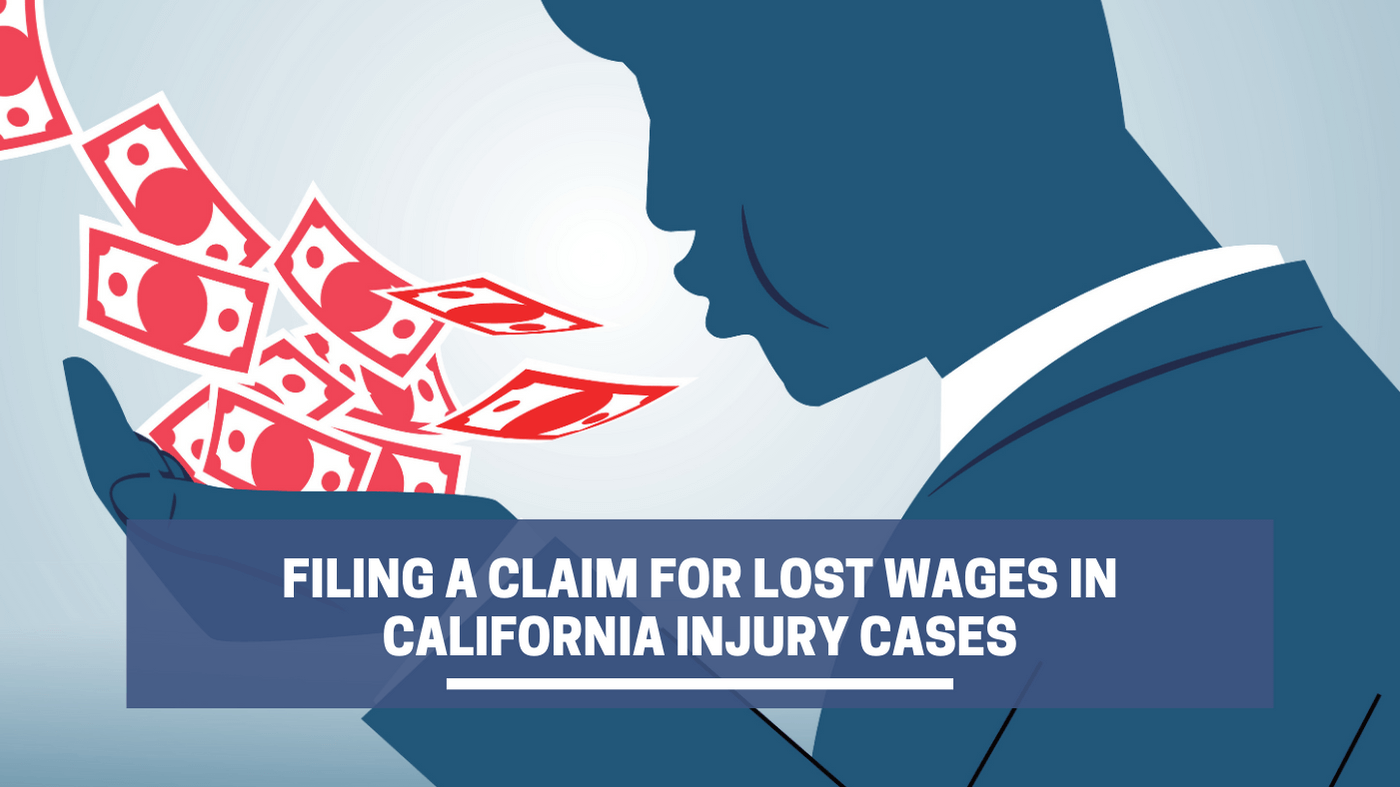Suffering injuries in a car accident can be a disturbing and confusing experience. In the immediate aftermath, the focus is often on the visible damage to the vehicle and the shock of the incident. You need to speak to a car accident lawyer in Glendale if you want to learn about the scope of your legal rights.
However, it is crucial for individuals involved in such accidents to prioritize their health and seek medical attention as soon as possible, regardless of how they feel at the moment. Some injuries, such as whiplash or internal trauma, may not manifest symptoms immediately but can have long-term health implications if not addressed timely.
In California, where the roads are often busy and car accidents are unfortunately common, understanding the importance of medical treatment after an accident is vital. California law requires drivers involved in car accidents resulting in injuries to report the incident to the California Department of Motor Vehicles.
Moreover, seeking medical treatment not only supports a person’s health recovery process but also creates a medical record that is essential if an insurance claim or legal action is pursued. Medical documentation serves as evidence to demonstrate the extent and causation of personal injuries resulting from the accident. Medical liens may be used if the doctor provides medical care on a lien basis.
When consulting a healthcare provider after a car accident, one should be thorough in relaying all symptoms and discomforts experienced. This allows for a comprehensive assessment and appropriate treatment plan. Whether it is an emergency room visit, a check-up by a primary care physician, or follow-up appointments with specialists, receiving appropriate medical care is paramount.
Additionally, California’s insurance regulations and legal environment can influence the options available for compensation and coverage for medical expenses, making it all the more crucial for individuals to navigate their post-accident steps with awareness and diligence.
Understanding Your Injuries
When individuals experience a car accident, comprehending the nature and extent of any sustained injuries is crucial for appropriate medical treatment. Identifying the type and severity can guide decisions regarding the timely seeking of medical care and the required interventions. Also, you need to understand the detailed procedures regarding the car accident insurance claim process in California.
Types of Car Accident Injuries
Car accidents can result in a variety of injuries that range from minor to severe. These injuries can be classified into several categories:
- Soft Tissue Injuries: Include whiplash, sprains, and bruises.
- Bone Injuries: Fractures can occur in any bone, but are most common in the arms, legs, and ribs.
- Head Injuries: Concussions, traumatic brain injuries (TBIs), and lacerations.
- Internal Injuries: Damage to internal organs such as the lungs, heart, or spleen.
- Spinal Cord Injuries: Can lead to partial or complete paralysis.
- Psychological Injuries: Post-traumatic stress disorder (PTSD) and other mental health issues may develop after a traumatic event like a car crash.
Symptoms to Monitor
Post-accident, individuals should be attentive to particular symptoms that might indicate the need for immediate medical attention:
- Headache or Dizziness: Could be a sign of a concussion or traumatic brain injury.
- Difficulty Breathing: May signal rib fractures or internal injuries.
- Abdominal Pain or Swelling: Could indicate internal bleeding.
- Loss of Consciousness: Even if temporary, requires prompt evaluation.
- Changes in Mobility or Sensation: Might suggest spinal cord involvement.
- Persistent Emotional or Behavioral Changes: Can be indicative of psychological trauma requiring professional assistance.
It is important to note that some symptoms may not appear immediately, and the onset of certain conditions can be delayed. Therefore, monitoring for any new or worsening symptoms is essential. Spinal cord injuries, for example, need to be assessed immediately after an accident victim suffers injuries.
Seeking Medical Attention
After experiencing a car accident, it is crucial to seek medical attention promptly to diagnose and treat any injuries. Timely medical care can significantly influence the recovery process.
Immediate Medical Care
Victims should receive immediate medical care following a car accident, especially if they suffer from visible injuries or feel any discomfort. Common post-accident symptoms that warrant urgent care include:
- Pain: Significant or increasing pain may indicate internal injuries or fractures.
- Disorientation: Signs of concussion or traumatic brain injury (TBI) should not be overlooked.
- Bleeding: Uncontrolled bleeding requires prompt professional intervention.
Immediate medical attention not only addresses immediate health concerns but also establishes a vital record for any potential insurance or legal claims, particularly in California where legal proceedings are common after accidents.
Choosing the Right Healthcare Provider
Choosing an appropriate healthcare provider is imperative for a comprehensive treatment plan. Patients have options in California:
- Emergency Rooms (ER): Best for life-threatening conditions, available 24/7.
- Urgent Care Clinics: Suitable for non-life-threatening injuries; often have extended hours.
- Primary Care Physicians (PCP): Ideal for follow-ups and non-urgent injuries.
Patients should consider providers in-network with their insurance to minimize costs. They should also ensure the selected healthcare provider has experience with motor vehicle accident-related injuries.
Legal Considerations in California
After a car accident in California, understanding legal protocols is imperative. This includes preparing documentation for insurance companies and acquainting yourself with the state’s specific traffic laws.
Documentation for Insurance Claims
Individuals involved in car accidents must promptly collect and prepare comprehensive documentation for successful insurance claims. Key documents include:
- Police reports: Records that detail the incident, often required by insurers to establish fault.
- Medical records: All related to injury treatment—these demonstrate the accident’s impact on one’s health.
- Photographic evidence: Images of the accident scene, damages, and injuries.
- Witness statements: Testimonies can corroborate an individual’s claim regarding the events of the accident.
Accurate and thorough documentation strengthens insurance claims and helps ensure that all damages and injuries are appropriately assessed.
Understanding California Car Accident Laws
California imposes specific laws relating to car accidents that individuals must follow:
- Statute of Limitations: Legal action for personal injuries must be filed within two years from the date of the accident.
- Comparative Negligence: In cases where multiple parties are at fault, California uses comparative negligence to determine liability and damages.
- Reporting Requirements: Accidents must be reported to the California DMV within 10 days if there is more than $1,000 in damage or if anyone is injured or killed.
Familiarity with these laws is crucial for affected parties to navigate the aftermath of a car accident and to protect their legal rights.
Post-Treatment Recovery
After completing initial medical treatment for injuries sustained in a car accident, individuals enter the post-treatment recovery phase. This involves structured rehabilitation programs and support systems to restore physical abilities and address emotional needs.
Physical Therapy and Rehabilitation
Physical therapy is essential for patients to regain strength, flexibility, and mobility. The rehabilitation plan typically includes:
- Assessment: A thorough evaluation of the patient’s condition.
- Customized Exercises: Tailored activities focusing on specific muscle groups and joint functions.
- Progress Monitoring: Regular checks to track improvement and modify therapy as needed.
Therapists may employ various techniques such as:
- Manual Therapy: Hands-on manipulation to improve movement and reduce pain.
- Therapeutic Exercises: Targeted activities to restore range of motion.
- Assistive Devices: Usage of crutches, wheelchairs, or braces if needed.
Emotional and Mental Health Support
The psychological impact of car accidents can be profound. Patients may require:
- Counseling Services: Professional guidance to help process trauma and alleviate anxiety or depression.
- Support Groups: Peer-led discussions to share experiences and coping strategies.
Mental health professionals often provide:
- Cognitive Behavioral Therapy (CBT): A structured approach to challenge and change unhelpful thought patterns.
- Stress Management Techniques: Methods to reduce stress such as meditation or deep breathing exercises.







